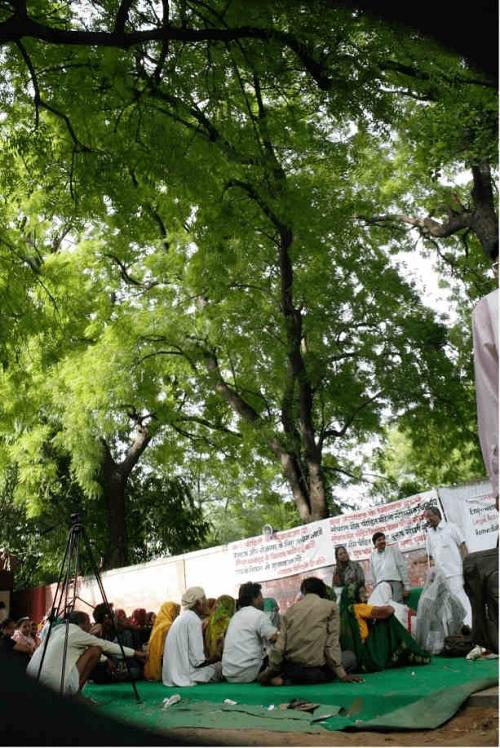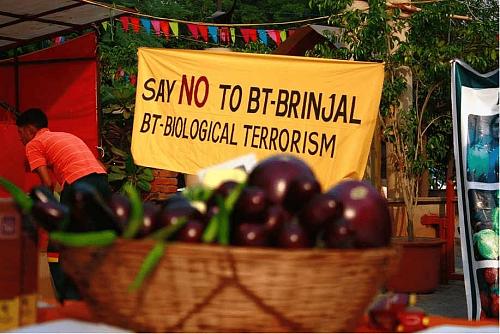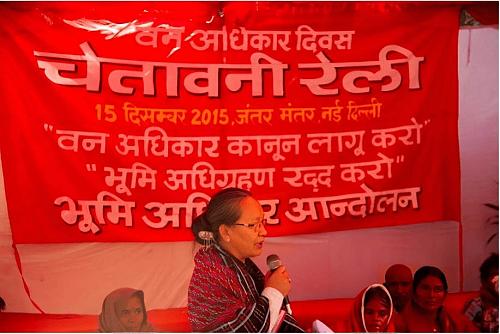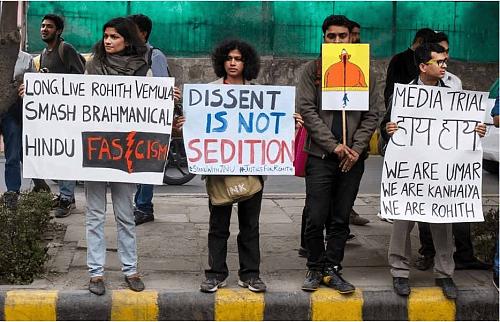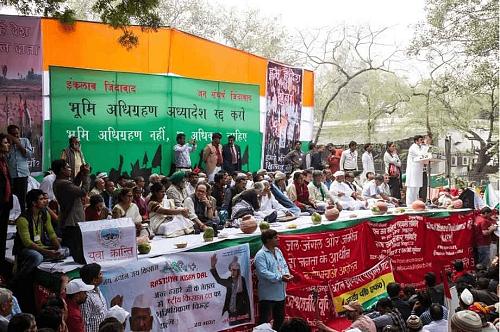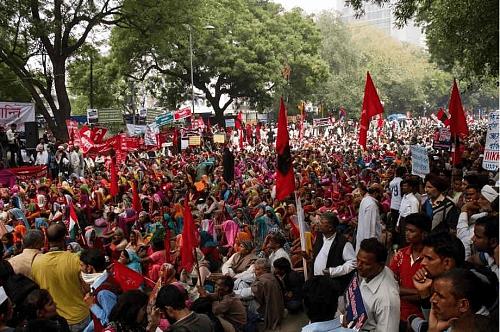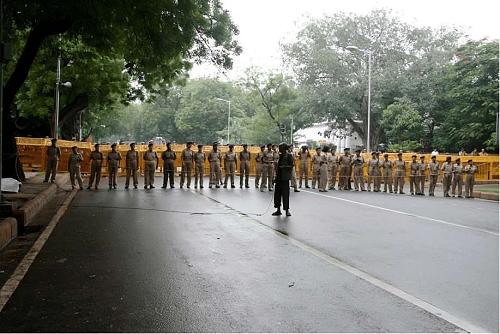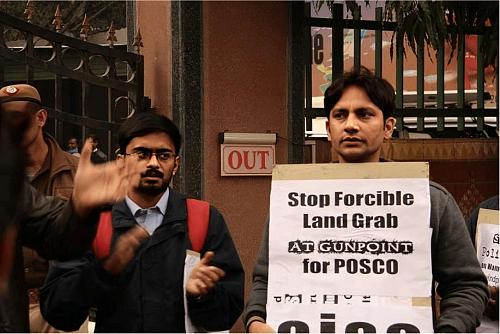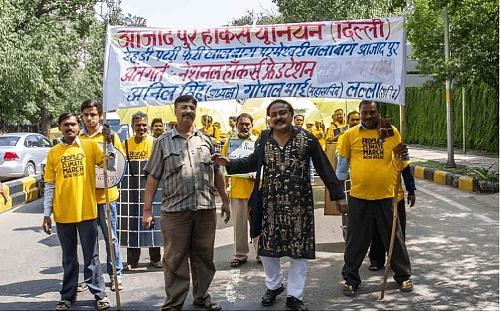The right to protest is an essential pillar of a democratic society, allowing citizens to voice concerns, express dissent, and actively participate in shaping policies. This right becomes particularly crucial in the context of environmental issues, where citizens often find themselves at the forefront of struggles to protect the planet. In India, the right to protest has become increasingly vital in the face of environmental challenges, yet the government’s actions have raised concerns about the erosion of this fundamental right.
The right to protest empowers individuals and communities to voice their concerns about environmentally harmful projects and policies. Whether it’s opposing deforestation, challenging industrial pollution, or questioning large-scale infrastructure projects, protests serve as a democratic avenue for citizens to articulate their environmental worries.
Protests play a pivotal role in catalyzing change by drawing attention to environmental issues. They act as a catalyst for public discourse, putting pressure on authorities to reassess and revise environmentally damaging decisions. In many instances, successful protests have led to the scrapping or modification of projects that posed significant ecological threats.
Environmental protests contribute to raising public awareness about ecological challenges. Through demonstrations, marches, and public campaigns, activists educate the wider population about the importance of sustainable practices, biodiversity conservation, and the potential consequences of environmental degradation.
The Indian government has implemented legal measures that critics argue restrict the right to protest. Laws such as the Unlawful Activities Prevention Act (UAPA) and amendments to the Foreign Contribution (Regulation) Act (FCRA) have been criticized for their potential misuse against environmental activists and organizations.
Authorities have been accused of selectively enforcing laws to stifle dissent. Environmental activists often face charges of sedition, criminal conspiracy, or unlawful assembly, leading to arrests and legal battles. Such actions create a chilling effect, dissuading individuals from engaging in peaceful protests.
Surveillance and intimidation tactics have been employed to deter environmental activists. The government’s scrutiny of individuals and organizations advocating for environmental causes has created an atmosphere of fear, discouraging some from participating in protests due to potential reprisals.
Democratic rights are fundamental for environmental justice as they empower citizens to voice concerns, participate in decision-making, and protest against environmentally harmful policies. In a democratic framework, these rights ensure transparency, accountability, and the protection of ecosystems, fostering a collective effort toward sustainable practices and a healthier planet.
The right to protest remains indispensable in the struggle to protect the environment. In India, the challenges posed by legal restrictions, selective enforcement, and intimidation tactics highlight the importance of safeguarding this fundamental right. The ongoing resistance by environmental activists, continuing grounded protests, supported by legal battles, digital activism, and community solidarity, underscores the enduring spirit of those committed to preserving the planet and ensuring a sustainable future for all.
